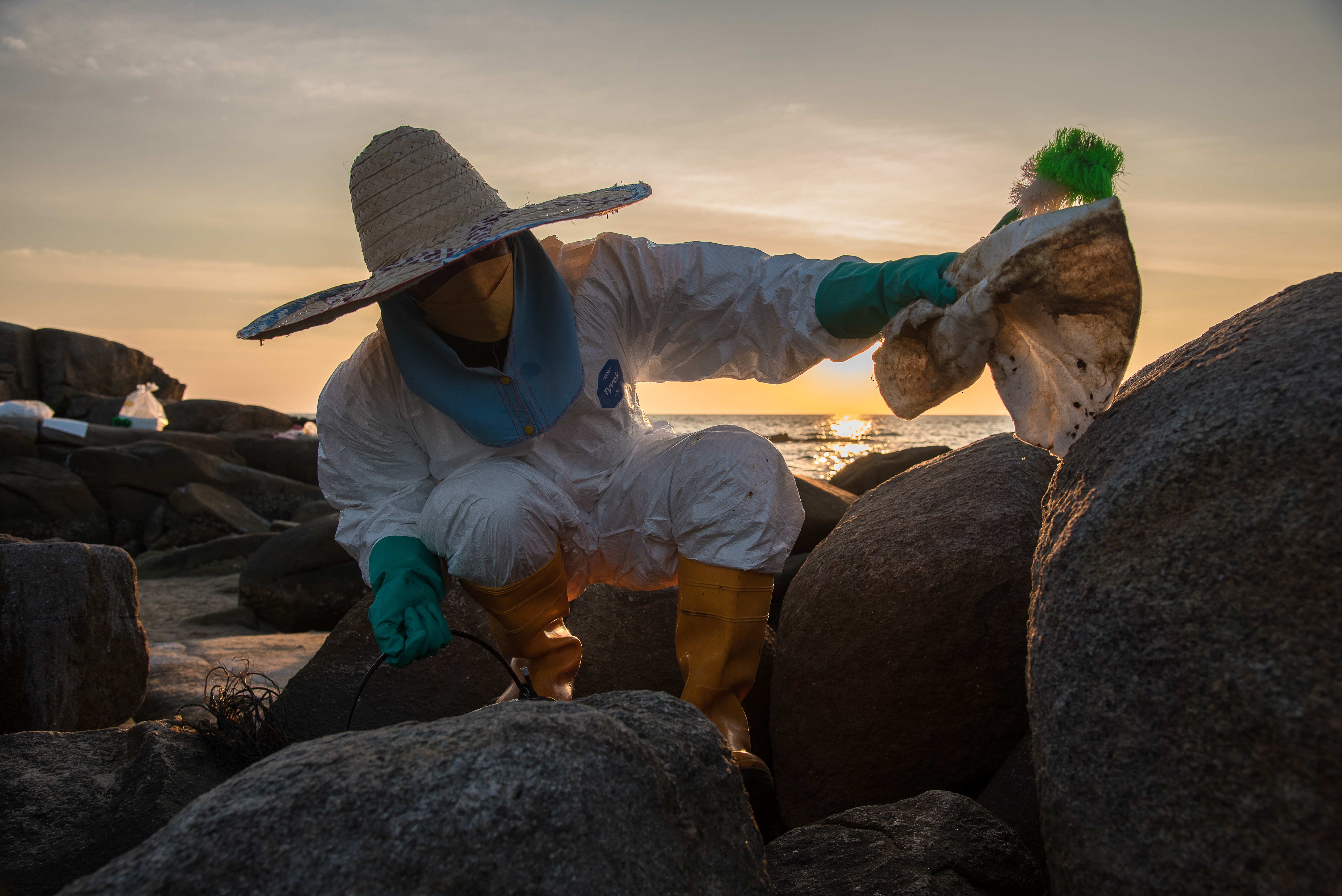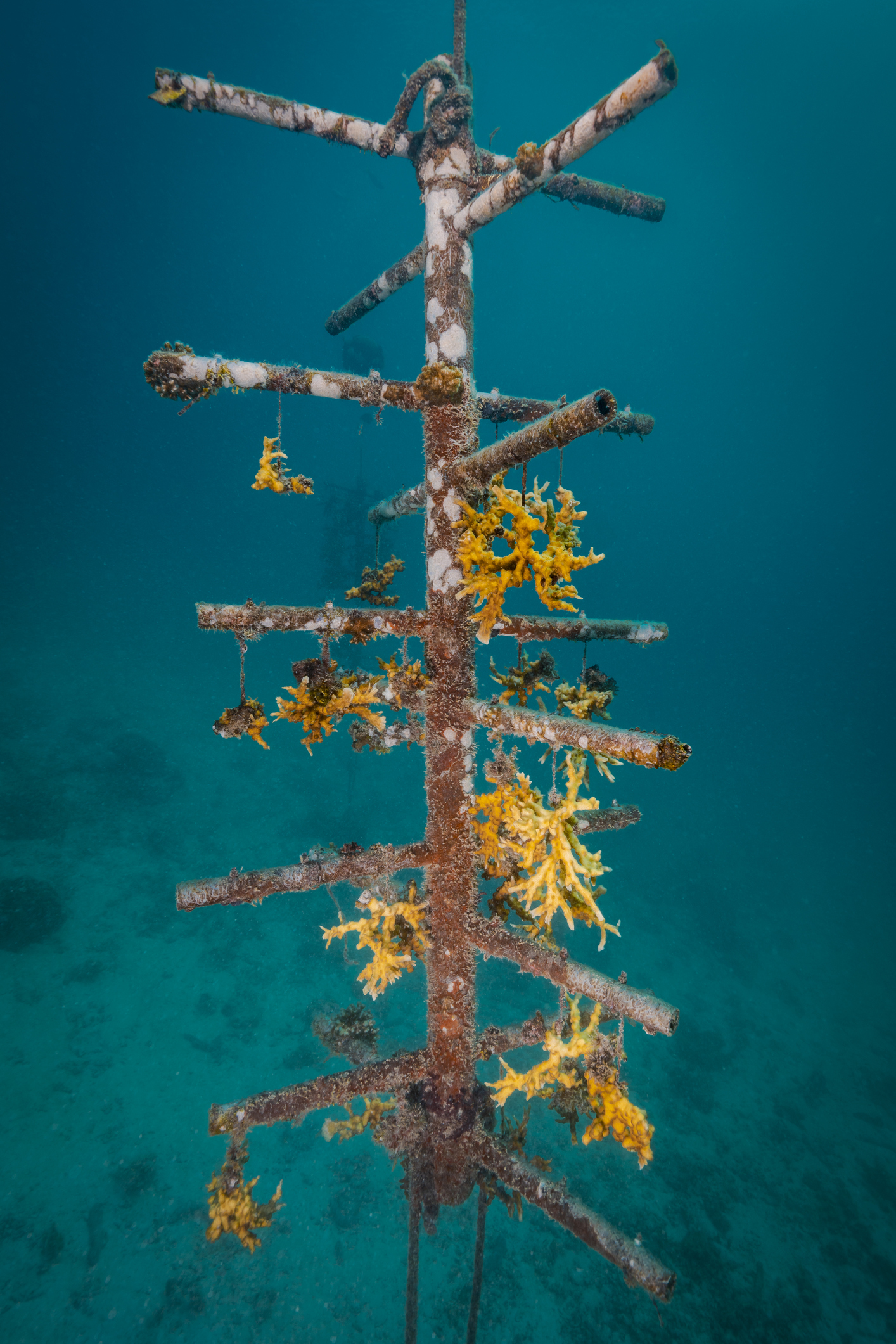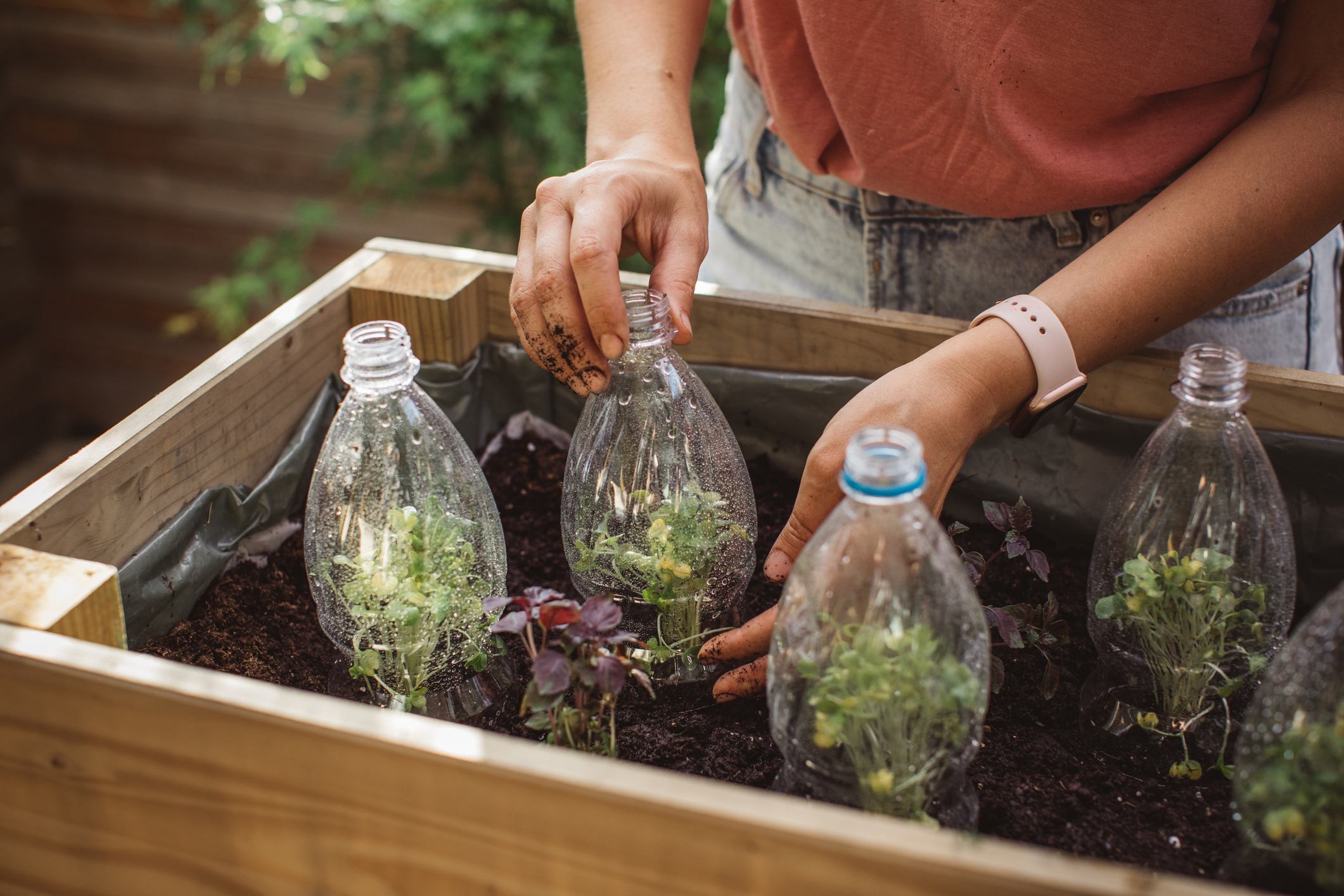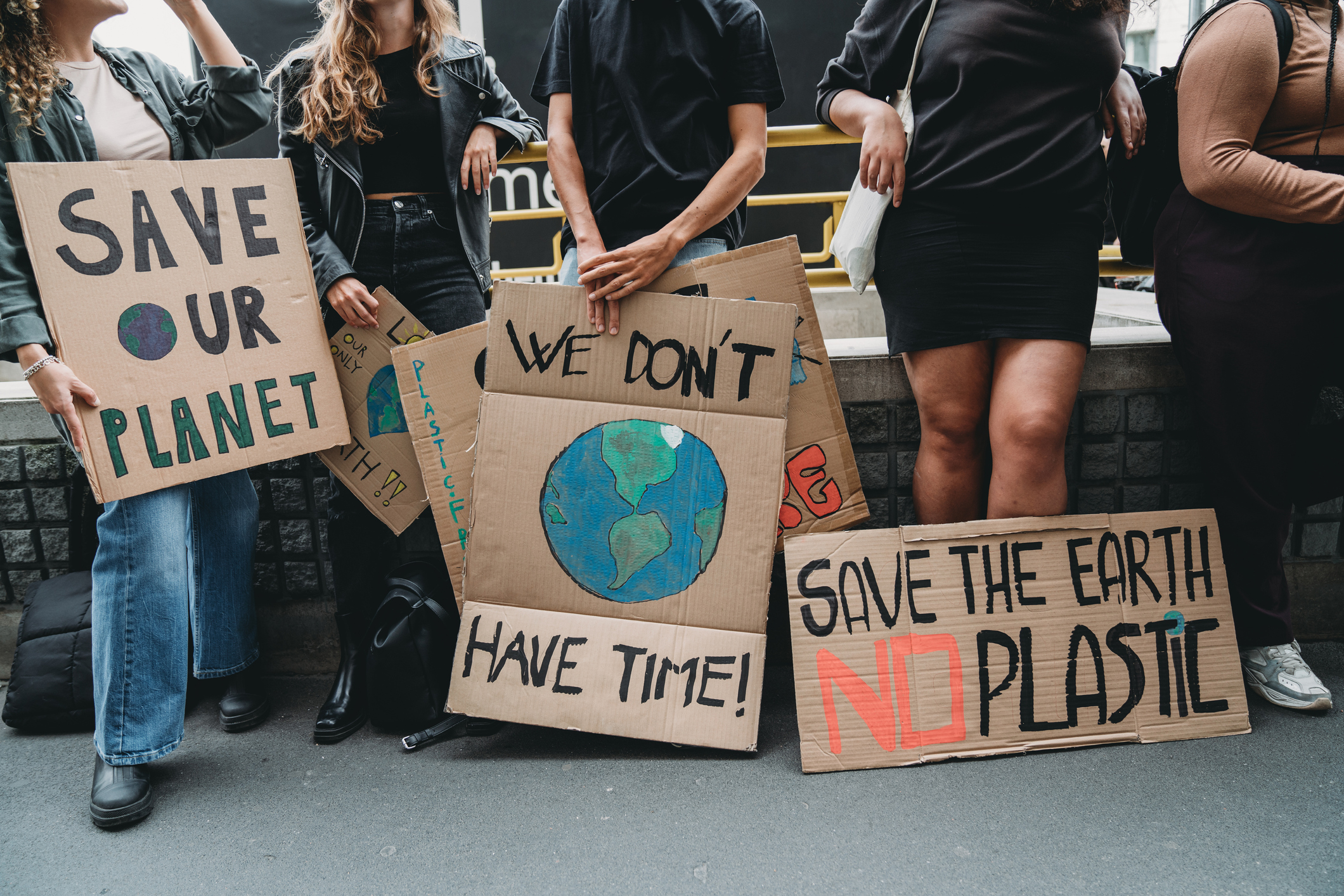At the rate of global warming today, our oceans are at major risk. Sea levels are rising, several species of marine life are facing extinction, natural resources are decreasing, and severe illnesses such as malaria and dengue are growing more common. The ocean is responsible for producing over half of the world’s oxygen and regulates our climate and weather patterns. Aside from the role it plays in our ecosystem, don’t we all love a good beach day? While there are plenty of beautiful beaches we can visit today, we might not be able to say the same for future generations if we don’t make the effort to save it.
With World Ocean Day approaching on 8 June, we need to honour our oceans by staying educated on the climate crisis and the impacts of our everyday actions that contribute to global warming. Time is against us in the race to end global warming, it’s time to get your hands dirty and do what you can to protect and revitalise the ocean and everything it sustains.
Keep reading ahead to find out what you can do to make a difference.
1. Run for the ocean with Adidas

In partnership with Parley for the Oceans, Adidas is bringing back Run for the Oceans for its fifth year in tribute of World Oceans Day, uniting the sporting community to support a good cause by turning activities into actions that can leave an impact. Since the campaign’s first release, more activities have been introduced for the first time, such as tennis, wheelchair movement, football, and more.
Ongoing until 8 June, Parley for the Oceans will collect the equivalent weight of one plastic bottle from beaches, remote islands, and coastlines for every 10 minutes of running from your preferred activity which will be recorded via the Adidas Runtastic app. Runners can also hit the streets with Adidas to clean up waste in the allocated area and help our communities thrive in a greener environment.
To find out more on how you can participate, visit the Adidas website or follow @adidasmy on Instagram and adidasMY on Facebook.
2. Volunteer for beach clean-ups

At least 14 million tonnes of plastic end up in the ocean every year. Any waste that is not properly disposed of or recycled will eventually reach the ocean—polluting our beaches, killing marine life, and causing very serious illnesses. Non-biodegradable waste such as plastic, e-waste, and hazardous substances pollute our oceans without degrading after thousands of years. Plastic is found on almost every shoreline and is especially abundant in densely populated locations due to mindless littering.
Malaysia alone produces nearly 40,000 tonnes of waste per day, causing our sea levels to rise and killing our ocean’s ecosystem. This fact should encourage us to step up and do whatever we can to reduce pollution in our oceans and beaches by volunteering in campaigns such as beach clean-ups. Although we can only collect so much, beach clean-ups do more than just collecting waste off the beach—it spreads awareness and educates on the seriousness of pollution by witnessing the issue first-hand.
If you would like to participate and make a change, check out Trash Hero Malaysia, MY Clean Beach or Kuching Beach Cleaners to find out more.
3. Coral planting

Due to the climate crisis and dramatic changes in the ocean’s eco-system, corals are threatened with extinction and it is estimated that we may lose 60 per cent of our coral reefs in 30 years. Coral reefs provide habitat to some of the most diverse and oldest ecosystems on Earth including 4,000 species of fish, echinoderms, mollusks, sea turtles, crustaceans, and more.
Aside from benefiting marine life, coral reefs play an important role in our climate by minimising impact from ocean waves and protecting coastlines from erosion.They also provide economic benefits including source of income, food, and medicine for indigenous communities, making coral reef ecosystems culturally important in the livelihoods of many indigenous people around the world. Like all forms of life, corals have encountered life-threatening events throughout the course of history. However, the threats that coral reefs face today are increasingly concerning due to unsustainable human practices that put our ecosystems at risk.
One way to tackle the issue is participating in coral planting projects. Coral planting is the process of extracting coral fragments and carefully raising them at coral nurseries until they are fit to be replanted at dying reefs, bringing back life to the ocean. Each piece of coral planted will be closely monitored to ensure a safe and healthy growth process. With consistent efforts made over time, we can restore our coral reefs and protect the many species that are dependent on them.
If you would like to participate and make a change, check out Reef Check Malaysia and Tengah Island Conservation to find out more.
4. Start making sustainable choices

Sustainability is a word we’ve been hearing quite frequently throughout the past few years. With the current rate of climate change, many have become aware of the need for sustainability and have implemented it in their everyday lives. But why is it important for our oceans and what can we do to contribute?
Sustainability—in a broader definition—means meeting our needs without compromising the environment and allowing the future generations to experience a healthy and quality life with sufficient natural resources. To begin, we must be socially aware of the choices we make that may affect the environment and push towards environmental protection and conservation. However, to really make a change, we must do more than be aware and start taking responsibility through our everyday actions.
The beauty of living sustainably is that we can start with the simplest daily routines. ‘Reduce, Reuse, Recycle’ may be a repetitive phrase we hear when we talk about living greener, but it plays a huge part in saving our oceans. The ocean absorbs an estimated 30 per cent of the carbon dioxide that is released in the atmosphere from the excessive burning of fossil fuels. That being said, reducing vehicle pollution by utilising public transportation and planning out your trips can drastically reduce your carbon footprint. Normalising sustainable practices within your household such as using less electricity and reusing non-biodegradable materials can also inspire others for change and help others do the same.
5. Spread awareness on climate change

Spreading awareness on climate change is one of the simplest things we can do to help save our oceans. Although there has been an increase of public awareness on climate change, we must consistently make an effort to educate others if we intend to make long-term impacts.
Fortunately for our modern generation, spreading awareness has never been easier. By simply reposting or sharing news on social media or creating art related to climate change, the message can reach the attention of many across the globe. Having in-depth discussions on public platforms can also inform others on what they can do to save our oceans and why it is important to do so. Especially for those with a large audience online, spreading the message can easily influence those who look up to them and inspire more to live greener. Empowering others with knowledge and addressing the reality of the climate crisis are agents of change and we must collectively be aware in order to make an impact.
6. Support ethical companies

Among the major contributors to climate change are unethical practices by large investor-owned corporations. A recent research shows that the largest corporations have had an astounding effect on carbon emissons with the top 20 generating enough to compromise 29.5 per cent of emissions, while the top 10 account for 15.8 per cent. Knowing this, it is crucial that we research the companies we support and what they stand for.
Some of the common practices that ethical companies implement are sourcing materials locally and using safe and sustainable methods of managing waste. By locally sourcing materials, companies can drastically reduce their carbon footprints as less greenhouse gasses will be released by shipping transportations. Additionally, they also benefit local suppliers and help improve the economy.
Furthermore, mass producing products will eventually lead to mass amount of waste, making it vital for companies to carefully manage their waste by recycling materials which also reduces cost for producing new products. Many sustainable companies tend to publicly display their sustainable practices on their products, which is something we should look out for when purchasing
Learn more about our environment and what you can do to save it here.
| SHARE THE STORY | |
| Explore More |




